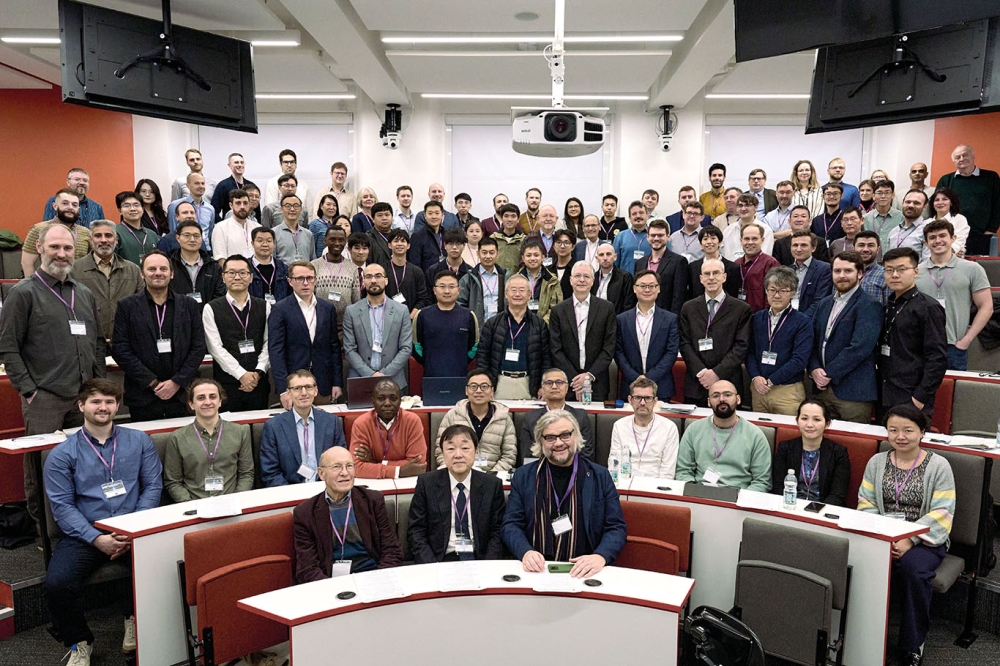Philips Lumileds solves LED efficacy "droop"
Philips Lumileds claims that it has solved the problem of efficacy "droop" - the reduction in an LED's lumen output per watt of electrical power it consumes as its drive current is increased.
While typical high-performance devices suffer from a decrease in lumens per watt of at least 50% when the LED's drive current is increased from 100 mA to 1000 mA, Lumileds' latest emitters are said to deliver a constant efficacy over this current range (see graph).
The company provided no details about how the efficacy problem was actually solved. However, it did say that its new epitaxial technology will enable the first high-power LEDs that deliver 70 or more lumens per watt at drive currents of 1000 mA and above.
Lumileds plans to introduce the technology into its Luxeon LEDs this year. Product sampling will begin in the next three months, with full production slated for the third quarter of 2007.
The company believes that the increased light output and efficacy of LEDs incorporating the new technology will help to drive the opening of new lighting markets, and even expand the reach of LED lighting into residential lighting segments.
LEDs that do not suffer from the efficacy "droop" have already been produced in the laboratory by Ioffe Institute researchers in Russia (see related story). However, these early-stage devices, which feature an n-p-n structure and maintain their efficacy at higher drive currents, deliver an external quantum efficiency of only 1%.































